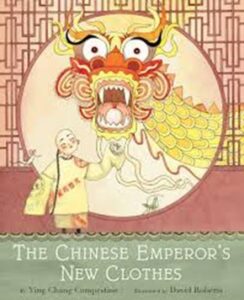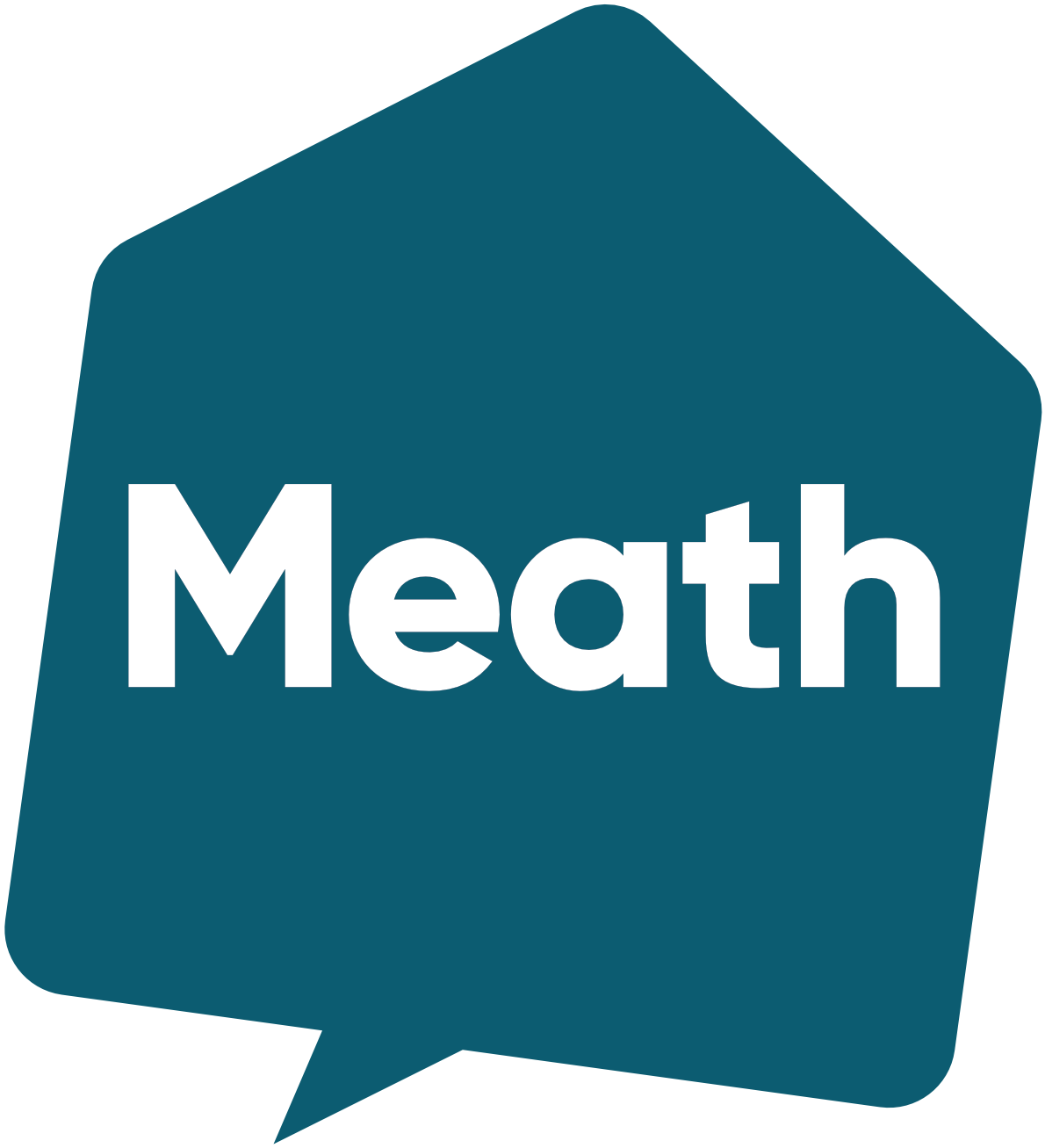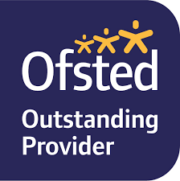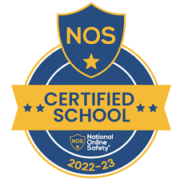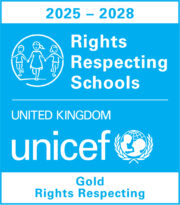Storytelling and Points of View
The core texts in Storytelling and articles for Points of View are carefully chosen to be used across the school to teach about rights, through rights and for rights. Linked to the Children Around the World curriculum, the stimuli framed by the books and articles from BBC Newsround offer unique opportunities for our children to explore, understand and champion their rights which they share with their global peers. The texts range from historical fiction to contemporary issues affecting young people across the world.
The books are chosen by the class teacher and therapist collaboratively who draw on their knowledge of the children in the class to ensure that the books are engaging, age appropriate and relevant to the children’s experience, interest and development. The books selected as part of the initial curriculum map may be changed following the children’s interests. The following are a small sample of books the children have enjoyed across the school.
Article 22: Children who are refuges have the same rights as children born in that country as well as special protection as a refugee.
The Journey by Francesca Sanna was chosen by the children in Upper Key Stage 2 following a discussion which opened up in Points of View about refugees from Ukraine. It explores the unimaginable decisions made as a family leave their home and everything they know to escape the turmoil and tragedy brought by war.

Article 24: Every child has the right to the best possible healthcare and governments should consider environmental pollution when taking steps to combat malnutrition and disease.
Article 29: Children should develop respect for the natural environment.
The Boy Who Harnessed the Wind by William Kamkwamba was linked to the topic on Sustainability. The children explored the issues of access to clean and consistent energy and how governments are not meeting environmental targets.
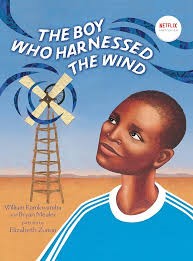
Article 38: Governments should ensure that children are given extra protection when there is a war or armed conflict.
Rose Blanche by Ian McEwan gave the children the opportunity to explore the horrors of war from the child’s perspective. Rose does not understand what is happening to her small German town and struggles with what she sees happening to the children who live behind the barbed wire on the outskirts of her world.
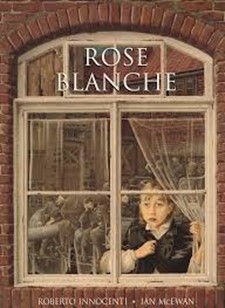
Article 27: Every child has the right to be as healthy as possible.
Article 27: Every child should have access to good housing, healthy food and warm clothing.
This book inspired the children to campaign against food poverty. They explored the use of food banks and wrote to the local MP who visited the school in person.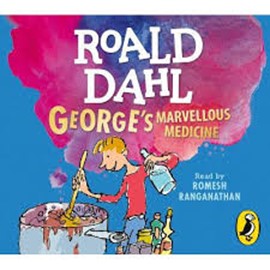
Article 27: Every child has the right to be as healthy as possible.
Article 31: Every child has the right to rest, relax and play.
In this nonfiction picture book, the main character is a bicycle that starts its life like so many bicycles in North America, being owned and ridden by a young boy. The boy, Leo, treasures his bicycle so much he gives it a name — Big Red. But eventually Leo outgrows Big Red, and this is where the bicycle’s story takes a turn from the everyday, because Leo decides to donate it to an organization that ships bicycles to Africa. Big Red is sent to Burkina Faso, in West Africa, where it finds a home with Alisetta, who uses it to gain quicker access to her family’s sorghum field and to the market. Then, over time, it finds its way to a young woman named Haridata, who has a new purpose for the bicycle — renamed Le Grand Rouge — delivering medications and bringing sick people to the hospital.
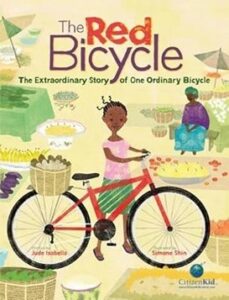
Article 24: Every child has the right to the best possible healthcare and governments should consider environmental pollution when taking steps to combat malnutrition and disease.
Article 29: Children should develop respect for the natural environment.
If I were the World by Mark Sperring. The children enjoyed this book on a trip to the local library and decided that they would like to explore the issues further back in school.

Article 27: Every child should have access to good housing, healthy food and warm clothing.
It’s a No-Money Day by Kate Milner supported the children’s understanding of how food banks are used across the UK and helped to develop their empathy for children who experience food poverty.
Mum works really hard, but today there is no money left and no food in the cupboards. Forced to visit the local foodbank, Mum feels ashamed that they have to rely on the kindness of others, but her young daughter can still see all the good in her day like reading and drawing, and even the foodbank. Maybe one day things will be different but for now together they brighten up even the darkest of days.
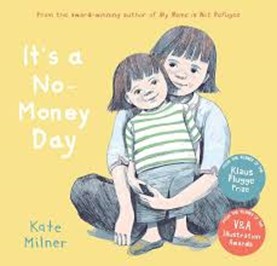
Article 24: Every child has the right to the best possible healthcare and governments should consider environmental pollution when taking steps to combat malnutrition and disease.
Article 29: Children should develop respect for the natural environment.
Solar Story by Allan Drummond was linked with the Science topic on Light. Kingfisher Class had a virtual visit from Allan Drummond, the author of Solar Story. It was so lovely for the children to be able to share their feelings about the book and to ask Allan questions. He was very encouraging and gave the children lots of additional information about his time researching the story in Morocco. The children responded really well and were keen to find out about other books he had written. The children also made links to our Science topic – light – and Allan described what it was like inside the solar power station. Allan also shared a new story, currently in development and it was so interesting for the children to see the book in ‘sketch form’. With Allan’s help, we are hoping to be able to contact the school in the story to share what we have been doing and find out some more about life for children in this part of Morocco.
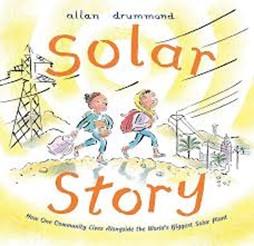
Article 9: Every child has the right to live with their family if they can keep them safe.
Article 27: Every child has the right to a proper home, food and clothing.
Stick Man by Julia Donaldson and The Tiger Who Came to Tea by Judith Kerr inspired the children in Key Stage 1 to explore the idea of family and a safe home to live in as part of their topic on Families & Homes.

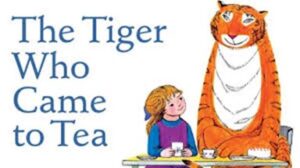
Article 27: Every child should have access to good housing, healthy food and warm clothing.
The Chinese Emperor’s New Clothes by Ying Chan Compestine fueled the children’s interests in children’s rights across the world, looking at the inequality experienced by many children globally in terms of fair distribution of food and clothing.
